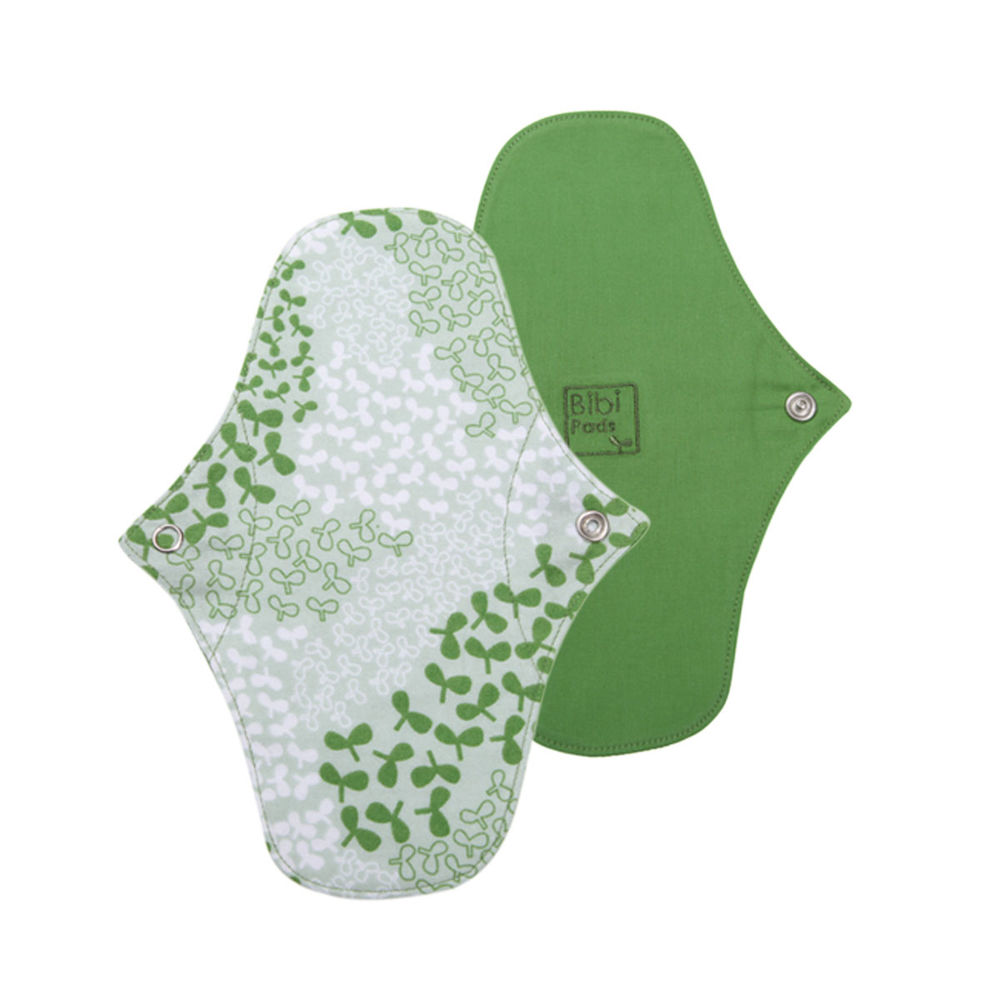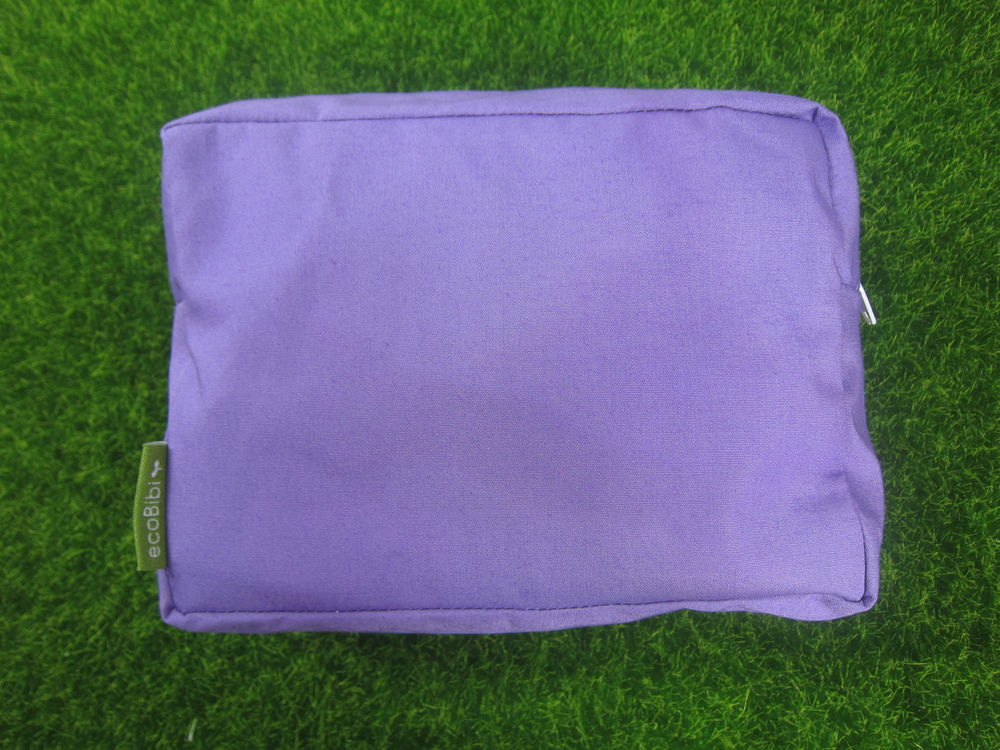My lingerie guide (pt. 1)
It’s hard to think of a title about something so intimate and rarely discussed.
Part 2 of this series will be a review of a lingerie brand, but in this post I want to talk about our intimate menstrual products that we use routinely every day (or at least every month)!
Read more -->
It wasn’t until I had started to reduce my daily plastic waste did I realise that a huge portion of plastics I throw away everyday is from my panty liners / menstrual pads. (They take 500 years [1] to thousands of years [2] to biodegrade.) If I had gone to the extreme of completely not using plastic bottled water or anything plastic, why shouldn’t I look for alternatives to my menstrual products? I went online and googled.
Fast forward 1.5 months later, I’m writing this review on these reusable intimates:
These are what the pads I use look like. It comes with a waterproof bag so you put your used ones into this bag and take it home.
(This is from Delightfully Green. Not affiliated, not sponsored, I bought everything using my own money. Let me know if you've found other alternatives! I'm not putting other links here because I haven't tried other brands.)
Pros:
- Soft on skin - no more scratchiness and uncomfortable stickiness when humidity is high
- Breathable - just that you need to get past the fact that it *feels* more bulky, but cotton itself is a very breathable material. Nothing is more stuffy than your plastic-lined equivalents
- Super convenient when applying - there's no need to tear off 3-4 pieces of plastics before you can stick it onto your undies
- Your panties can last much longer - no adhesive means you don't have to tear the liner off (sometimes those conventional ones are just... stubbornly sticky)
- Less discharge & unpleasant odour (now this differs by individuals)
- Do I need to say 'reusable'?
Cons:
- Not suitable when wearing T-backs. It just scrunches into a roll.
- Requires a leap of faith + some upfront investment. Recommend that you buy 3-4 pcs to experience what it's like to use them for a day. (Then of course you will wash them so you DON'T have to buy 3 pcs x 7 days!)
- It can slide slightly as there is no adhesive, BUT the sliding isn't dramatic and it won't affect you at all.
- Washing:
- Need to figure out a washing schedule, as you probably don't do laundry every day.
- In case of heavy flow, you might need to rinse it first and before you throw them in the washing machine.
- Drying:
- Takes a longer time to dry. It's after all, several layers of cotton.
Conclusion:
- I will still use the conventional pads during heavy flow because of the pure scare of blood spills all over the place...
- But during lighter or normal days, I would use these reusable ones.
Have you ever noticed that you will most probably NEVER find the ingredients or source of materials on the packaging? That’s because manufacturers are not required to disclose them. I’ve done my share of homework only to find several brands give this information.
Not a lot of people knows how are those plastics produced, and whether they are #1, #2 or #5 plastics? No one really knows. Cotton - are they organic or conventional ones full of pesticides & insecticides? No one knows either.
- Good job to Always (see above) which listed the materials used, but like other industry players, they didn't really talked about the safety or the quality procedures (but I found sort of a 'safety guarantee' from Bodyform).
- Bodyform gives an overview and rather detailed information on the materials used, and made clear that it is not legally required to declare materials on the pack.
But do we know if the specific polyolefins manufactured by Brand A are 100% safe? Are the fragrance from Brand B a sensitizer to my skin? I don't know. This is not to say that I found anything wrong with these materials, but if I want to be lazy and get an easy way out, I would just pick reusable pads, which I have absolute clarity that they’re made with organic cotton with no pesticides or toxic chemicals.
I hope so. But hygienic doesn't mean safe. Poison ivy can be completely hygienic, but it is not safe. This Guardian article mentions that there are concerns that there are toxins in tampons or female hygiene products. See also Detox the Box & SafeCosmetics.org.
The main reason why disposable pads come into existence is for convenience. True, in many developing countries in Asia-Pacific & South Africa, the World Bank documents the supply of reusable pads as a more sustainable option both to the society and to the environment. But that developing countries use reusable pads doesn't mean the pads are inherently bad.
Whether your intimates are hygienic or not, depends on:
- Frequency of changing the pads. Visit this page from Columbia University (a page by university affiliated health promotion specialists & professionals) which basically says that it doesn't matter whether the pads are disposable or reusable, as long as you change them frequently.
- How thorough you wash the reusable pads. You might think that washing them in the washing machine isn’t ‘clean’ enough, but if you take a step back, you’re also wearing underwear which is cleaned using the washing machine. Would you throw away your cotton underwear after every use? If you don’t, why would you think there is a problem with reusing a cotton pad?
Bottom line:
To be honest, I don't care about digging into the science papers of whether disposable pads are safe or hygienic because I only switched because of environmental reasons. My intention is to show you that there are many questionable aspects of hygiene products that we use on a daily basis, and all I want is to provide an honest review of what an eco-alternative is like.
Reference:
[1] - http://www.ecolife.com/recycling/household/how-to-recycle-diapers-pads-tampons.html
[2] - https://en.wikipedia.org/wiki/Sanitary_napkin
- Guardian article - https://www.theguardian.com/sustainable-business/2015/apr/27/disposable-tampons-arent-sustainable-but-do-women-want-to-talk-about-it
- Lunapads - didn't cite it but I think it includes some good info for deep dive. https://lunapads.com/learn/why-switch
- Go Ask Alice! Columbia University - http://goaskalice.columbia.edu/answered-questions/reusable-vs-disposable-pads
- World Bank reference from https://www.innovationpolicyplatform.org/system/files/6_Health%20Female%20Hygiene%20Case_Jun21.pdf . The Innovation Policy Platform is developed by the World Bank Group and the Organisation for Economic Co-operation and Development (OECD).









